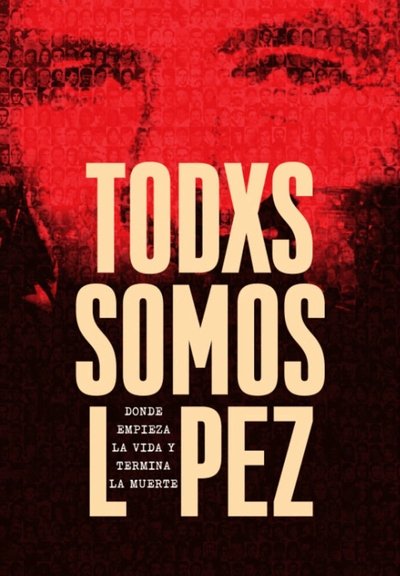Todxs somos López. Donde empieza la vida y termina la muerte
Genres
Documentary
OverView
A chronicle on the days without Jorge Julio López, key witness and complainant on the first trial on genocide in Argentina, dated in 2006. López, who had survived through concentration camps on the late seventies argentinian dictatorship, disappeared for the second time the day the court decision meant to condemn his kidnappers was about to be read.
Others
Budget
$--
Revenue
$--
Status
Released
Original Language
Spanish
Runtime
89 mins
Rating
0/10
Release Date
01 January 2017
Country
Argentina



